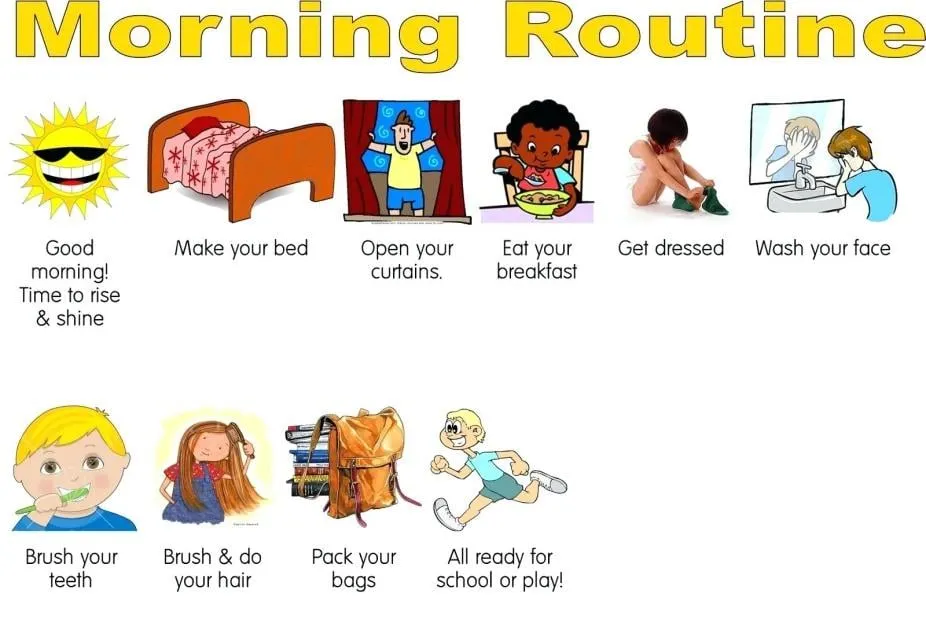What Parenting is not. . . . .
Giving your child everything
Allowing the tv to babysit your child
Allowing everybody else is to raise your child
Allowing your child to have his or her way


Parenting is. . . . .
Meeting the basic needs of your child: food, shelter, safe & positive environment
Loving, playing with and talking to your child
Teaching him or her through actions or being an example how to be a productive citizen
Parenting Is Defined As. .
The process of taking care of children until they are old enough to take care of themselves: the things that parents do to raise a child.
STEP ONE
• Reflect On Your Past Parenting Experiences
Have I been a positive example? Yes or No? Why or Why not? ___________________________
How do I communicate or talk to my child(ren)?yelling, cussing, talking calmly, etc._________________


STEP TWO
• Set Rules, Boundaries (limits) And Expectations
What is expected of you as a parent?___________________________
What would your child(ren) say about your parenting of them? ____________________
What do you expect from your child(ren)____________________
Have you taught these expectations? Yes/No
What Are Rules?
Rules are set expectations that your child should follow when in your presence and not in your presence. You can have specific rules or expectations at home, when the children come home from school, etc.
1. Do not eat in the living room
2. Wash dishes, do not leave dishes in the sink What are rules you and the children can come up with? If they help come with the rules, they will be more apt to remember and follow ( Make the rules visual with a poster).
Routines are what is done daily like a habit
• Examples: Make your bed when you get up. Wash your face, brush your teeth, take care of your personal hygiene (deodorant, lotion, comb hair)
•After school: When you walk in the door, put up your backpack, change out of your school clothes, eat a snack, do homework.

STEP THREE
• Establish consequences when you set the rules.
• Consequences are what will be given when the rules are not followed.
• Make sure the consequence fits the rule that was broken.

Rules example:
1. No eating in the living room
2. Wash or put the dishes in the dishwater
3. Wash hands before eating
After School
1. Change clothes & put in hamper
2. Eat a snack
3. Do homework
4. Pack backpack for am
5. Playtime outside/read book/watch tv/work on computer for a limited time only (set a timer on phone, computer or get a separate timer)
6. Eat dinner (talk as a family, ask everyone about their day)
7. Get ready for bed (bath, story)
Before school
1. Make up bed
2. Wash your face, brush teeth, put on deodorant, etc
3. Eat breakfast/put backpack on
4. Catch the bus/get in the car


Evaluate the Rules, are they working?
• Evaluate or look the rules the see if they are working.
• Remember it takes at least 21 days to establish a habit
• Be patient, things take time. Remember the situation that you are in did not happen overnight. It happened over years and years of practice.
STEP FOUR
STEP FIVE
Do not be afraid to change
• If you need to apologize to your child, do it. It will show them your human side..
• Trust will have to be built on both sides especially if they have been exposed to substance abuse, child abuse, domestic abuse and having been removed from the home just to name few examples.
• Let the children know when they are doing a good job. (Be Specific)
-
• You can do this with proper support!!!!

Need help with routines, rules & procedures?
Reach out to us
•Facebook: https://www.facebook.com/WFISS
• Email: [email protected]
• Instagram: www.instagram.com/wfiis
